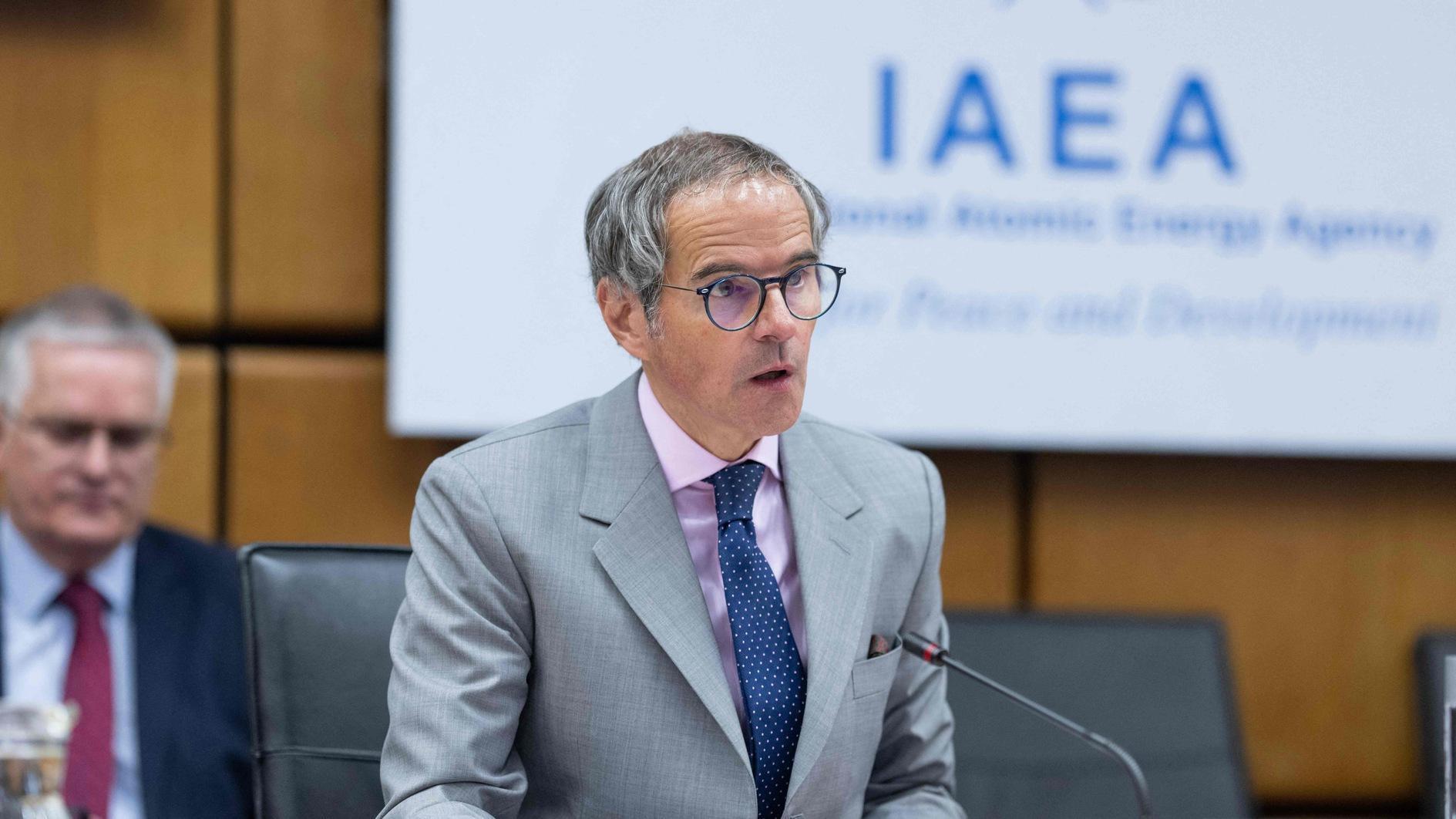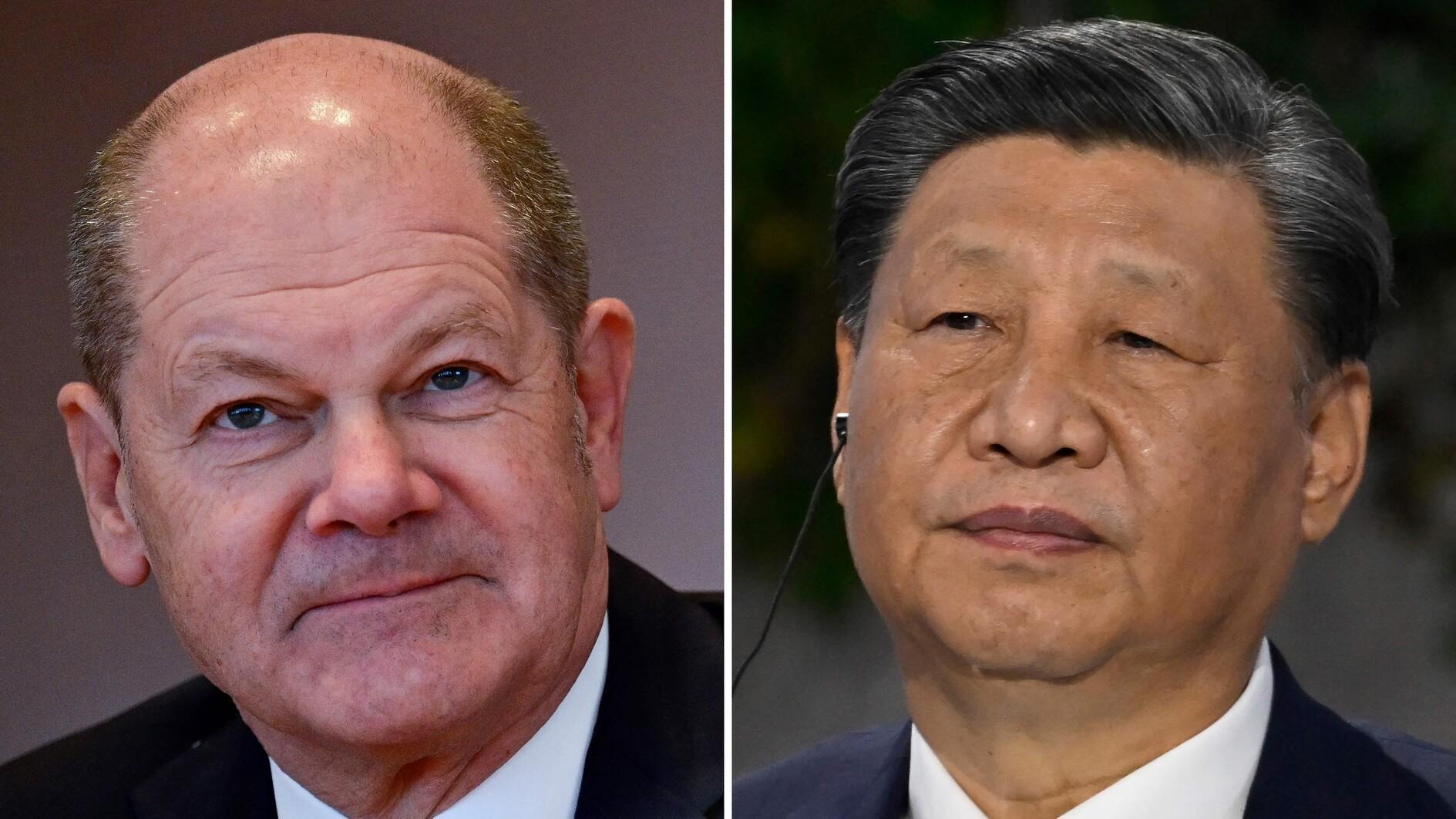As Turkey prepares for the largest-ever international summit in Istanbul…
A couple of years ago, I received an invitation from the British Council for a brainstorming meeting about an upcoming G-20 summit. “We want to raise awareness about the issues in the Turkish public sphere,” the British diplomat told me.
There is never a dull moment in Turkey and at that time it seemed like a luxury to talk about the grandiose issues of the G-20. Still, I was thankful to Her Majesty’s foreign office for completing a job that was supposed to be done by Turks.
I took part in the 2014 Sochi Olympic torch relay a couple of weeks after the corruption scandals broke on Dec. 17, where Turks found themselves yet again in the midst of strong turbulence. I had second thoughts about whether I should write about it or not. Yet, life continues around us and the fact that only six Turkish athletes are participating in the Sochi Olympic Games, which started last week, speaks volumes about Turkey. It is directly connected to Turkey’s systemic structural problems that prevent the nation from making full use of its potential.
We are currently getting prepared for a triple election process and it might sound odd to talk about a summit that will take place in autumn 2015, especially when we don’t even know who from Turkey will be hosting the summit. But continuity is essential in the state, and we were recently reminded of this fact by Turkey’s top business group.
Osman Boyner and Hasan Akçakayalıoğu, members of the Turkish Business and Industry Association (TÜSİAD) board of directors, met a group of journalists last month to underline and remind the fact that Turkey will assume the presidency of G-20 in December this year and will host the summit in 2015.
The B-20 is the private sector interlocutor of the G-20. It is the voice of the business communities of the G-20 countries. While the B-20 has been open to all representatives of the business community, TÜSİAD is the only institution that has taken part in all B-20 summits since the first that took place in 2009. It is also the founding member of the B-20 coalition, which gathers together likeminded business groups to exert more coordinated and stronger pressure upon the G-20.
As part of her G-20 presidency, Turkey will also be responsible for organizing activities for the B-20. In fact, as of December last year, Turkey has become part of the G20-B20 troika, which is made up of current, former and future presidencies. In other words, as part of the troika, Turkey should already have started its work, without waiting to take over the presidency at the end of this year. Because what we are talking about is the largest summit ever in Turkey’s history. The leaders of global powers like the U.S., Russia, France, Germany and Japan will all be coming to Istanbul. According to Boyner, it will be an important occasion for Turkey’s promotion.
In addition to the visibility of the event, which will put Turkey in the spotlight, it is exactly the kind of opportunity that will provide Turkey with what it has been aspiring to for some time: a say in major global economic issues. Some might have forgotten it, but before the Foreign Ministry and its top diplomat Ahmet Davutoğlu became embroiled in the Syrian quagmire, contributing to the shaping of the world economic system was one of the most important items on Davutoğlu’s agenda. Therefore, in order for Turkey to leave its mark on the conclusions of the 2015 summit, which will make important decisions about the world economy, it needs to keep this issue high on the agenda. In other words, although top government officials will be very busy with the triple elections, they should not neglect this issue. As one of the first steps, they need to finalize the internal organizational scheme that will be responsible for the whole process. For that, the government can, for instance, select the coordinator to set up a group of people to organize the activities of the B-20.
Whoever that coordinator will be, it is imperative that the group of people s/he designates is inclusive. In other words, it should be representative of all members of the business community that are willing to contribute to the process.











